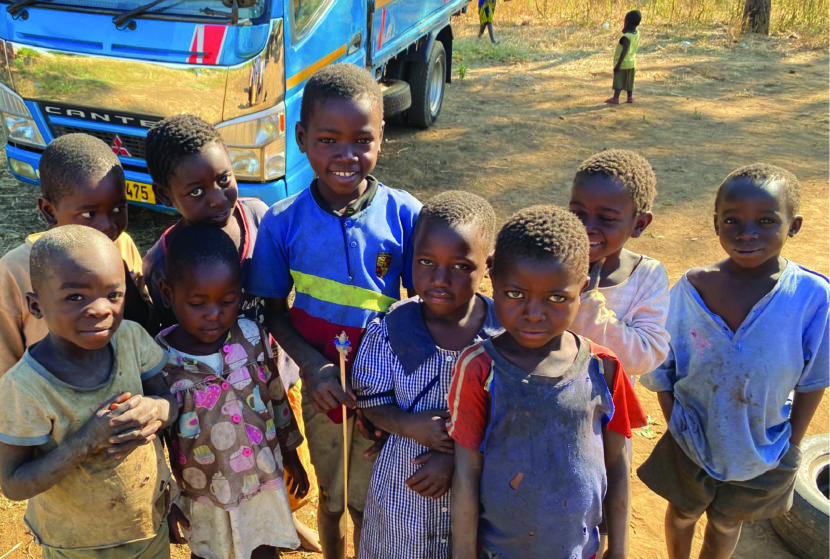Water is life. And, for the people of remote Malawi in southeastern Africa, life is vastly improving. A new freshwater well has recently been installed in their villages. A new partnership with WHOlives has allowed the ASEA® Advancing Life™ Foundation to aid women and girls in accessing water easily and more safely. See how innovative drill technology helped your donations make a difference for families in Malawi.
Creation of the Village Drill
Bringing clean water to those who need it can often come at a high cost. Thinking about the costs and challenges of bringing in massive drilling trucks, WHOlives invested in human power by designing a drill that almost anyone can operate. The Village Drill was a university capstone project to design a machine that can access water 250 feet below the surface, using primarily human power to drill low-cost boreholes.
The Village Drill is made for easy disassembly and reassembly so transportation is simple and cost-effective—whether moved by hand, canoe, or small truck. For every hour of engineering that was spent designing, testing, and ensuring the final product of the Village Drill, over 1700 months of water has been delivered—that’s over 144 years for every hour spent by mechanical engineers creating this life-changing device. The Village Drill can provide water wells in 75%more locations at a cost of up to 75% less than traditional drilling trucks, making clean water readily available at an affordable price for even the most remote village.
WHOlives and their mission
As a nonprofit, WHOlives works every day to solve scarce and contaminated water issues that plague developing countries. They create change through innovation, education, and proper implementation of Village Drills. Based on sustainable, self-reliant models, they help provide clean water, better health, and economic opportunities to people throughout the developing world. They provide technical and economic solutions while creating opportunities, reducing dependency, and implementing sustainable impacts for women and children.
Over the past 12 years, they have placed 123 drills in 37 different countries, dug more than 10,000 wells, and helped an estimated 10 million people gain access to clean water.
Women and children are safer with clean water access
Women and children in developing countries like Malawi are more likely to be affected by lack of clean water in dangerous ways—as they are more likely to be assigned the task of obtaining water for their families. At least 17 million women and girls collect water every day, which increases their risk of sexual abuse, disease, and dropping out of school.
The endless need to fetch dirty, contaminated water for their families leads them to walk up to three or four miles a day for over six hours in search of water. They spend most of their time away from school and young girls are especially vulnerable to predators and abusers when searching for clean water. Four million people in Malawi continue to lack access to safe drinking water and only six percent of the population has access to a sanitation facility or safe, hygienic restroom.
According to the African Civil society Network on Water and Sanitation, acts of extortion force women and girls into sexual exploitation and violence in order to maintain access to a water source. Abusers will often violently control access to water points and threaten to cut off access if women and children do not comply with their demands. There are over 90,000 derelict wells in Africa alone that do not properly meet community needs and, for most of the villages, the terrain is inaccessible for trucks.
Having an impact, making a difference
While over 1 billion people suffer each day from scarce and contaminated water and 3.4 million people die each year from waterborne illnesses, the ASEA Advancing Life Foundation is doing the work to eradicate this issue, one village at a time. The foundation has donated funding for ten new Village Drills to be installed for freshwater wells in Malawi, which will provide clean water to up to 2,000 people per well—an impact that will help an estimated 20,000 people in the area.
Every dollar donated to Advancing Life is matched by our corporate partner ASEA. See how setting up a recurring donation can make a massive difference in the lives of women and children who need help now.

